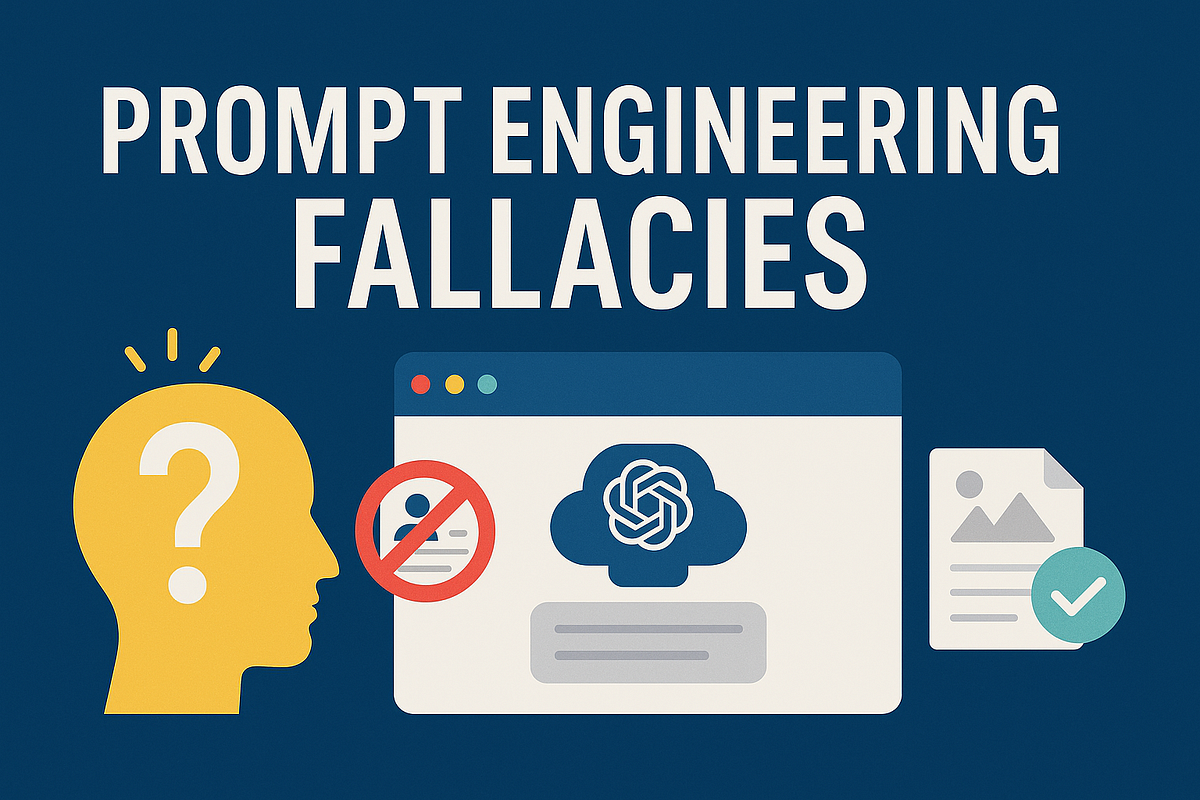Medium
3w
329

Image Credit: Medium
Optimize Your AI Prompts Without Breaking the Brain Bank
- When optimizing AI prompts, simple and clear instructions yield better results than elaborate techniques such as giving agents impressive titles or motivational pep talks.
- Tracking changes and results is crucial to understanding what improves model performance, emphasizing the importance of version control and simplicity in prompts.
- Decomposing tasks, reflecting on work, critiquing outputs, and providing clear instructions contribute significantly to consistent improvements in AI models.
- Avoiding complex roles and backstories in favor of crafting clear instructions leads to more efficient AI performance.
- Utilizing few-shot prompting with context and examples can enhance SEO optimization and automation when applied strategically.
- Overloading models with too many specific examples may lead to prompt overfitting, limiting creativity and potentially narrowing output variety.
- The focus should be on functional instructions rather than prompt theater, emphasizing structure, critique, and iteration for optimal AI performance.
- A systematic approach and willingness to test are more valuable than elaborate prompt techniques when working with AI models.
- The author is a product strategist and former ML PM who specializes in optimizing LLM workflows and supporting teams with product operations.
- The author's background includes AI infrastructure, developer tools, and product-led growth, offering expertise in AI roadmap, agent workflows, and product operations.
- For consultations on AI roadmap, agent workflows, or product ops, the author invites engagement through their portfolio and LinkedIn profile.
Read Full Article
19 Likes
For uninterrupted reading, download the app